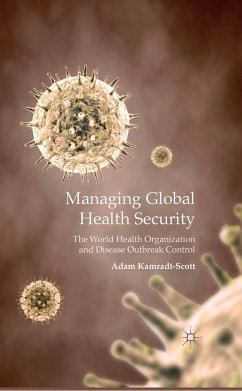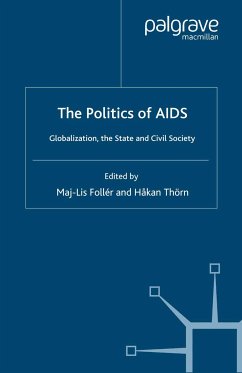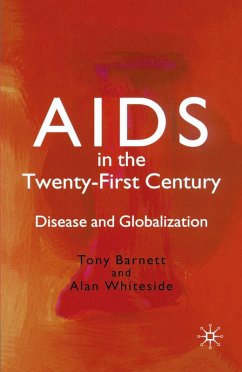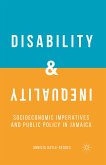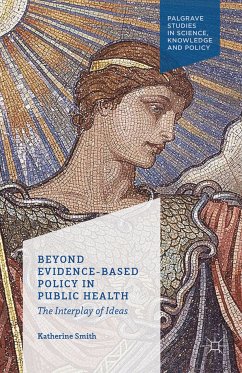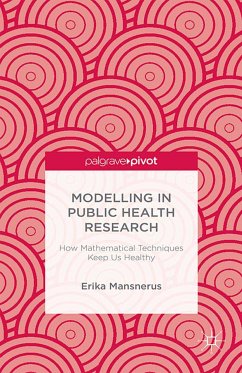Dieser Download kann aus rechtlichen Gründen nur mit Rechnungsadresse in A, B, BG, CY, CZ, D, DK, EW, E, FIN, F, GR, HR, H, IRL, I, LT, L, LR, M, NL, PL, P, R, S, SLO, SK ausgeliefert werden.
Hinweis: Dieser Artikel kann nur an eine deutsche Lieferadresse ausgeliefert werden.
"Kamradt-Scott (Univ. of Sydney, Australia) carefully describes the history of the World Health Organization (WHO), reminding detractors that the agency's mission has remained steady across the decades and that it has, on the whole, performed its vital functions admirably. ... This informative, scholarly book will be of particular interest to those in public health and public policy programs. ... Summing Up: Highly recommended. Graduate students, researchers, faculty, professionals." (K. H. Jacobsen, Choice, Vol. 53 (5), January, 2016)
"This book will interest primarily academics working in international relations or public health. ... For those who are not in academia, but have an interest in international relations or just have basic questions like 'What is the WHO? What do they do?', this book is a well-written story describing real-life events and crises from malaria eradication in the 1950s to the 2014 ebola outbreak in West Africa." (Sabine Iva Franklin, Medicine, Conflict and Survival, Vol. 32 (3), 2016)

